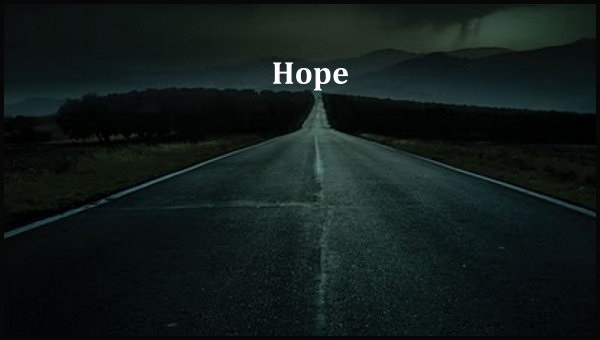By Tyson Thorne

Yesterday we examined a few of the horrors that took place over the last week. I mentioned that while our outrage is understandable that we shouldn’t be surprised, at least not if we understand what the Bible teaches about humankind. Most worldviews disagree with the Bible’s assessment of our nature. Largely, people—including many Christians—think that mankind is either basically good, or morally neutral. We like to think that we’re “not that bad”; we like to point to the villains of history, like Karadzik or the Taliban, to tip the scales of righteousness in our favor.
Surprise, both Old and New Testaments state mankind is desperately wicked.
“All have turned aside, they have together become corrupt; there is no one who does good, not even one.” —Psalm 14.3
“The heart is deceitful above all things and beyond cure. Who can understand it?” —Jeremiah 17.9
“For all have sinned and fall short of the glory of God, and are justified freely by His grace through the redemption that came by Christ Jesus. God presented him as the one who would turn aside His wrath, taking away sin through faith in His blood.” —Luke 5.8
In the New Testament, sin is personified as a literary device by the apostle Paul. It is a part of us that we cannot overcome. It isn’t boiling just beneath the surface of our skin, where it might easily be reached and removed. Our sin is a dark mass that lies deep with us, wrapping its tentacles tightly around our soul. It clutches us like a toddler does a toy he doesn’t want taken away. Yet it does more than clutch, in fact it owns us. We are all slaves to our sins. There is nothing we can do to liberate ourselves from its grip or its control. Sin can only be defeated by perfect righteousness and holiness. It is this sin, the sin that resides in us and the sin of separation from God, that motivated Jesus to come and to die upon the cross.
Our basic nature is to serve ourselves, rather than others, rather than to serve God. The Bible calls it “sin.” Sin is defined two ways: a state of separation from God; thoughts and acts contrary to God’s holiness. That doesn’t mean, however, that we are without hope in the world. To understand that hope, we first need to know what “hope” is. It appears that too many don’t understand this simple concept. As evidence I submit 5Elizabeth Bernstein’s article, “An Emotion We Need More Of”.
While it is true that in the English language the word “hope”, when used as a noun, is largely an expression of an emotion. But when used as a verb it is something more. The word that comes up over and over in describing “hope” is “confidence”. As an emotion hope may be based on most anything, and most things eventually disappoint leading to discouragement and a sense of hopelessness. Emotions are shifting things and hardly reliable, yet the Bible teaches that hope is a foundation of Christian living.
In the authors quiz meant to determine how hopeful a person one is, the questions reveal a trust in or confidence in in all the wrong things. Agreement with phrases like, “I will find ways to make my dreams come true” and “I believe in a positive force in the universe” belie the fact that we are not the masters of our destiny and the fact there are powerful evil forces at work in the world as well. I’m not trying to be discouraging, but a hope based on a lie is no hope at all. In the Bible hope isn’t a wish or placed in material things, instead it is a confident expectation.
For in hope we were saved. Now hope that is seen is not hope, because who hopes for what he sees? But if we hope for what we do not see, we eagerly wait for it with endurance. – Romans 8.24-25
The world’s hope is little more than a wish or an unreasonable expectation that life will simply “work out”. But a biblical hope isn’t a fancy or escape from reality, it is a living force that drives us toward God and personal holiness. Jesus is called Emmanuel, which means “God with us.” Indeed, since his resurrection he is with us always. I can’t think of anything more hopeful. Nor can I think of anyone in whom we could have hope that can be trusted to not disappoint.
|
|